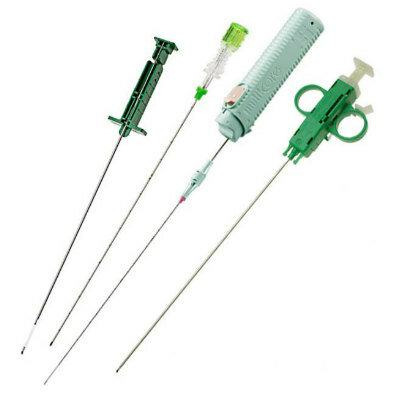Therapeutic Hypothermia May Reduce Heart Attack Survival
By HospiMedica International staff writers
Posted on 19 Oct 2016
A new study suggests that use of therapeutic hypothermia (TH) in patients with in-hospital cardiac arrest is associated with a lower likelihood of survival to hospital discharge.Posted on 19 Oct 2016
Researchers at Duke University (Durham, NC, USA), Saint Luke's Mid America Heart Institute (Kansas City, MO, USA), and other institutions identified 26,183 patients successfully resuscitated from an in-hospital cardiac arrest at 355 U.S. hospitals between March 1, 2002, and December 31, 2014. The researchers examined induction of TH for all cardiac arrests, as well as separately for nonshockable (asystole and pulseless electrical activity) and shockable (ventricular fibrillation and pulseless ventricular tachycardia) cardiac arrests.
The primary outcome of the study was survival to hospital discharge, with a secondary outcome of favorable neurological survival. The results showed that only 6% of the patients were treated with TH; after adjustment, TH was associated with lower in-hospital survival (27.4% versus 29.2%), and this association was similar for both nonshockable and shockable cardiac arrest rhythms. TH was also associated with lower rates of favorable neurological survival for the overall cohort and for both rhythm types. The study was published on October 4, 2016, in JAMA.
“When follow-up was extended to one year, there remained no survival advantage with therapeutic hypothermia treatment. Collectively, these findings do not support current use of therapeutic hypothermia for patients with in-hospital cardiac arrest,” concluded lead author Paul Chan, MD, of Saint Luke's Mid America Heart Institute, and colleagues. “These observational findings warrant a randomized clinical trial to assess efficacy of therapeutic hypothermia for in-hospital cardiac arrest.”
Therapeutic cooling is among the most potent interventions for hypoxic-ischemic injury, a broad constellation of conditions ranging from cardiac and respiratory arrest to carbon monoxide (CO) and other poisonous gas exposure, and appears to limit tissue damage by reducing oxygen metabolism and inflammation, while maintaining cell membrane integrity. TH is used for patients following both out-of-hospital and in-hospital cardiac arrest, but trials on its efficacy for the in-hospital setting did not exist, and comparative effectiveness data are therefore limited.
Related Links:
Duke University
Saint Luke's Mid America Heart Institute














